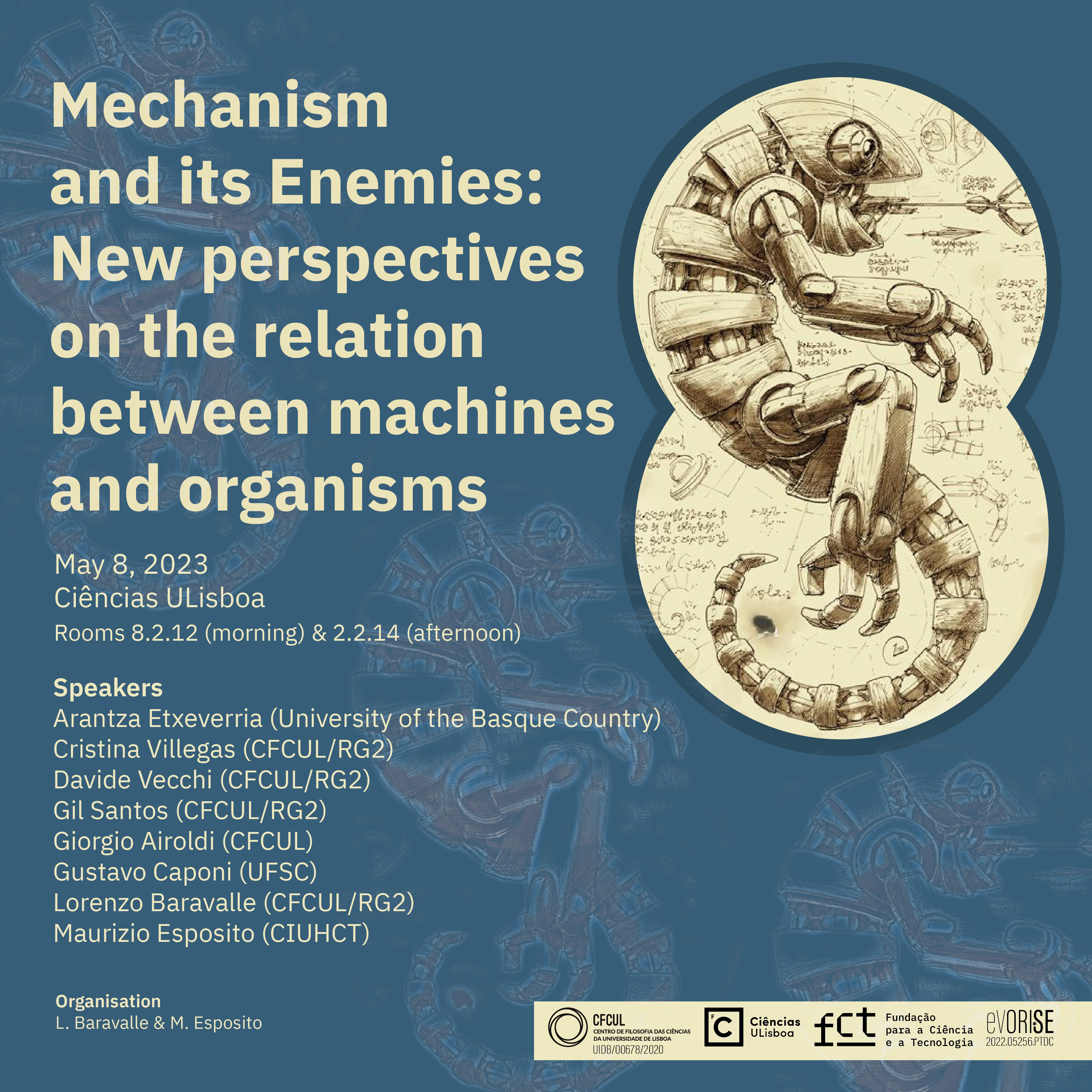
From classical antiquity, natural philosophers have wondered whether biological phenomena could be physically reduced or whether they were instead peculiar and irreducible. The issue has often been related to the possibility of formulating mechanical models for understanding the structure, organization, and function of living beings. These inquiries have been the object of renewed interest in the last two decades. Old questions regarding the nature of organisms are again in the spotlight, while new fascinating questions are currently formulated. Can organisms be understood in mechanical or informational terms? How should the notion of mechanical explanation be characterized? Do mechanical models generate reliable scientific explanations and understanding? Are mechanical explanations necessarily reductionist? Can the latest information technologies offer useful tools for understanding living things? To what extent do new technologies deceive or thwart our comprehension of living phenomena? This workshop aims to tackle these and related questions and foster philosophical and historical reflections on the persistent relationships between technologies, artifacts, and scientific explanations.
Oradores:
Arantza Etxeverria (University of the Basque Country)
Cristina Villegas (CFCUL/GI2)
Davide Vecchi (CFCUL/GI2)
Gil Santos (CFCUL/GI2)
Giorgio Airoldi (CFCUL)
Gustavo Caponi (UFSC)
Lorenzo Baravalle (CFCUL/GI2)
Maurizio Esposito (CIUHCT)
Programa:
Manhã (Sala 8.2.12)
9:15 – Welcome and introduction
9:30 – Cristina Villegas (CFCUL), Developmental mechanisms: causing and composing evolution
10:00 – Lorenzo Baravalle (CFCUL), Do developmental systems perform computations? A mechanistic analysis
10:30 – Maurizio Esposito (CIUHCT), Machines as organisms: from proxy objects to epistemic tools (and backward)
11:00 – Coffee break
11:30 – Arantza Etxeberria (UPV), Rethinking reproduction in organisms: relational challenges to mechanistic accounts
Tarde (Sala 2.2.14)
14:00 – Giorgio Airoldi (UNED), Machines or Souls: an historical review of the debates around the status of animals
14:30 – Davide Vecchi (CFCUL), Models of organismal behaviour in sentience research
15:00 – Gil Santos (CFCUL), Three ‘new’ mechanistic views in the 20th century (from 1948 onwards
15:30 – Coffee break
16:00 – Gustavo Caponi (UFSC), Biological Machines
17:00 – Concluding debate